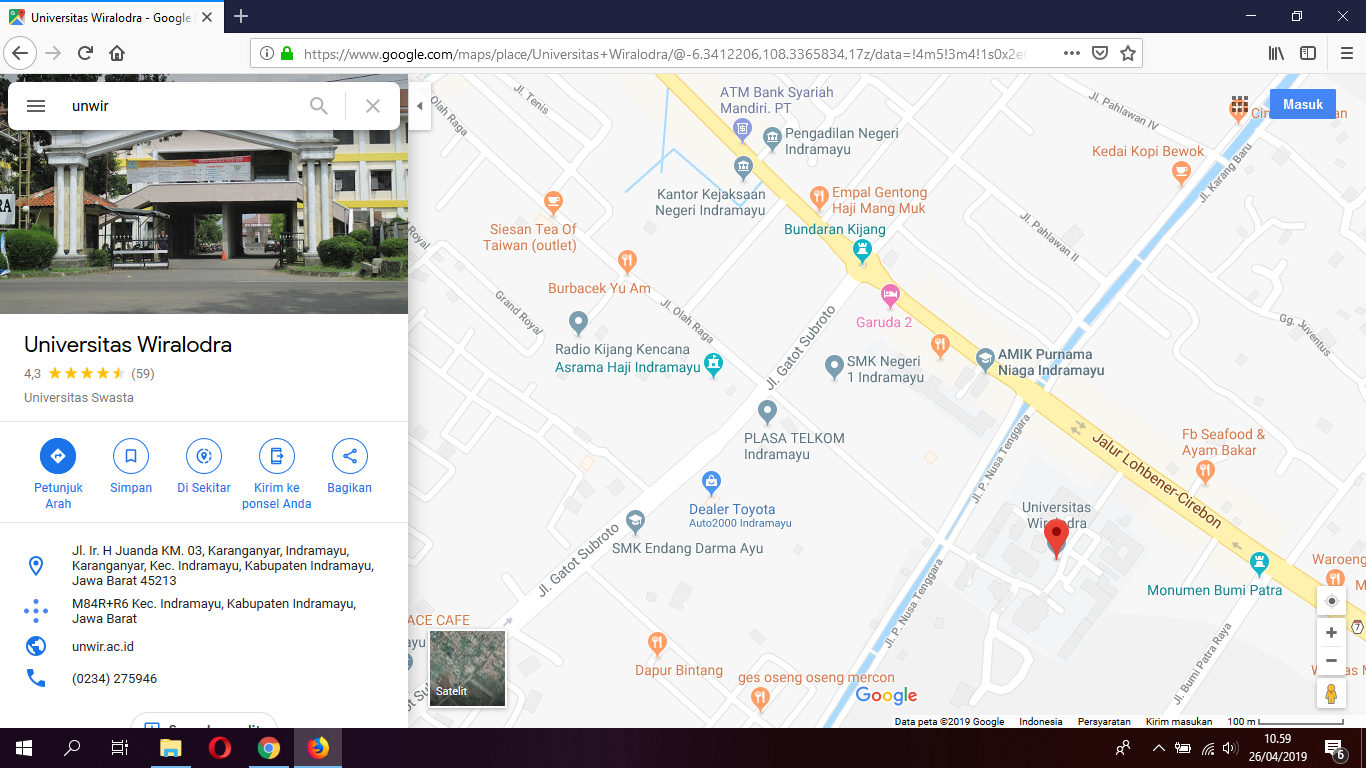Pemberdayaan Masyarakat Desa Mulyasejati Kecamatan Ciampel, Kabupaten Karawang Melalui Pengelolaan Sampah Domestik
DOI:
https://doi.org/10.31943/abdi.v4i2.18Keywords:
Domestic Waste, Community Empowerment, Waste Management, Hydroponics, 3R (Reduce, Reuse, Recycle)Abstract
The pattern of waste management by involving the community as actors who can play an active role in reducing the volume of waste is the right decision in anticipating an increase in the volume of urban waste that continues to increase due to an increase in population. As the population grows, so does the need for clothing, food, and shelter that will directly or indirectly increase the amount of waste, especially in the village of Mulyasejati, Karawang regency, which is in contact with the Citarum Watershed Sub-watershed. Villages continue to increase which results in generating waste that continues to grow every day.
Based on the survey results in Mulyasejati Village, Ciampel Subdistrict, many residents still do not care about their environment, as there are still a lot of garbage scattered on plastic bags. From the results of interviews by the community it was also seen that they did not really understand the handling of waste, the type of waste and the importance of cleanliness and health due to things that should not be done. This community service was held for 1 day on 27 November 2018, at the Mulyasejati Village Office, Ciampel District, Purwakarta Regency, West Java.Participants who participated in this community service activity consisted of housewives and management of Mulyasejati Village. The event was also attended by the Head of the Village, the Village Secretary, Mr. RT, Mr. RW and other officials. The implementation of this service is done with the lecture method and practice of the material provided. The material provided was partly delivered by lecture, question and answer method and through practice.
Service Results In general, the results of community service activities that have been achieved, namely: (a) Material of community service covering domestic waste management through 3 R, composting and hydroponics can be well received and can be understood by the community that is seen when filling out the questionnaire before and after the activity; (b) The results of this service are expected to follow up in managing their domestic waste in the long run, so that the community is able to be independent in overcoming environmental problems, especially regarding domestic waste. (c) The results of the discussions that have been carried out show that this community service has greatly helped the community to understand their concern for the environment.













